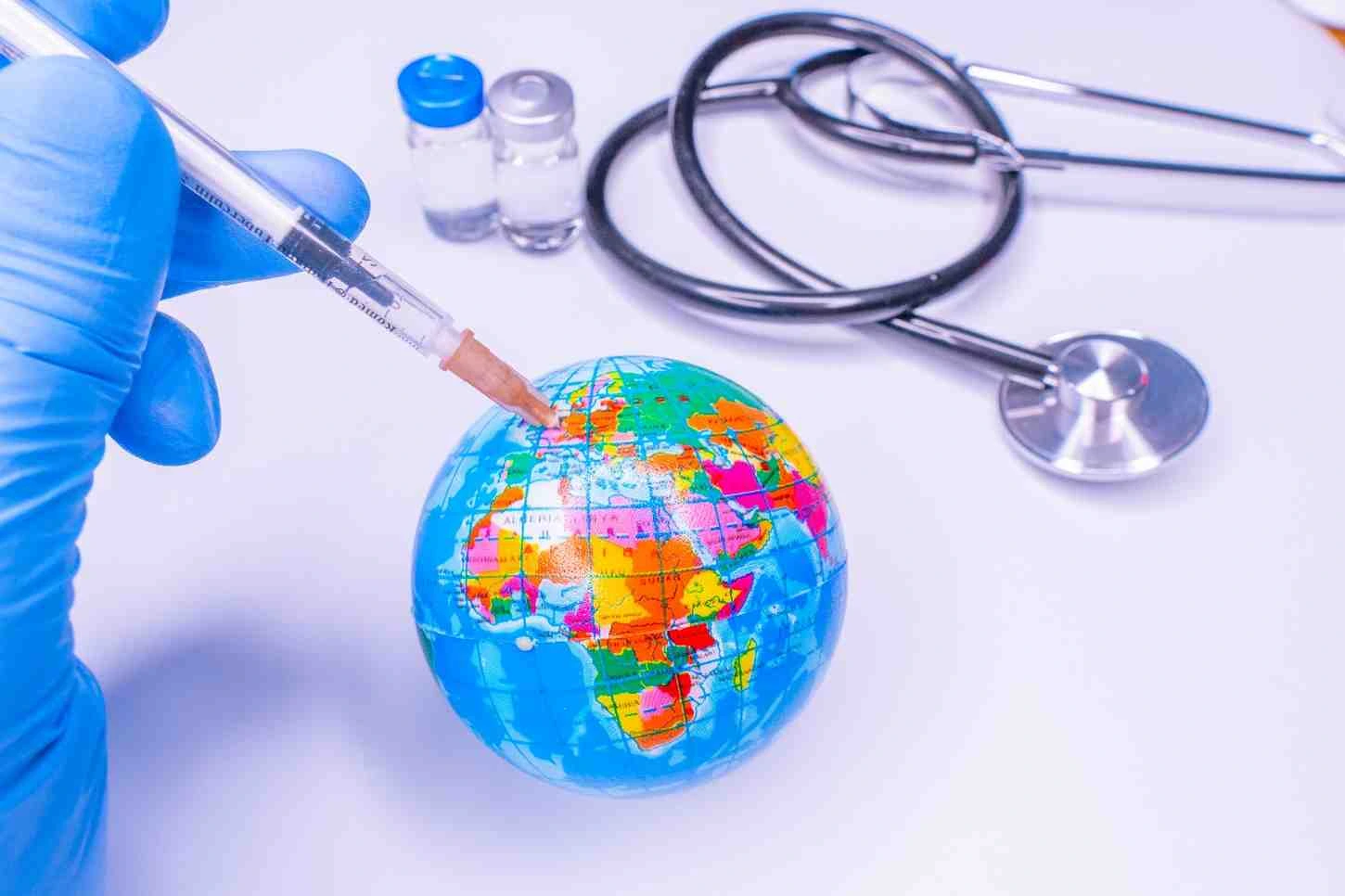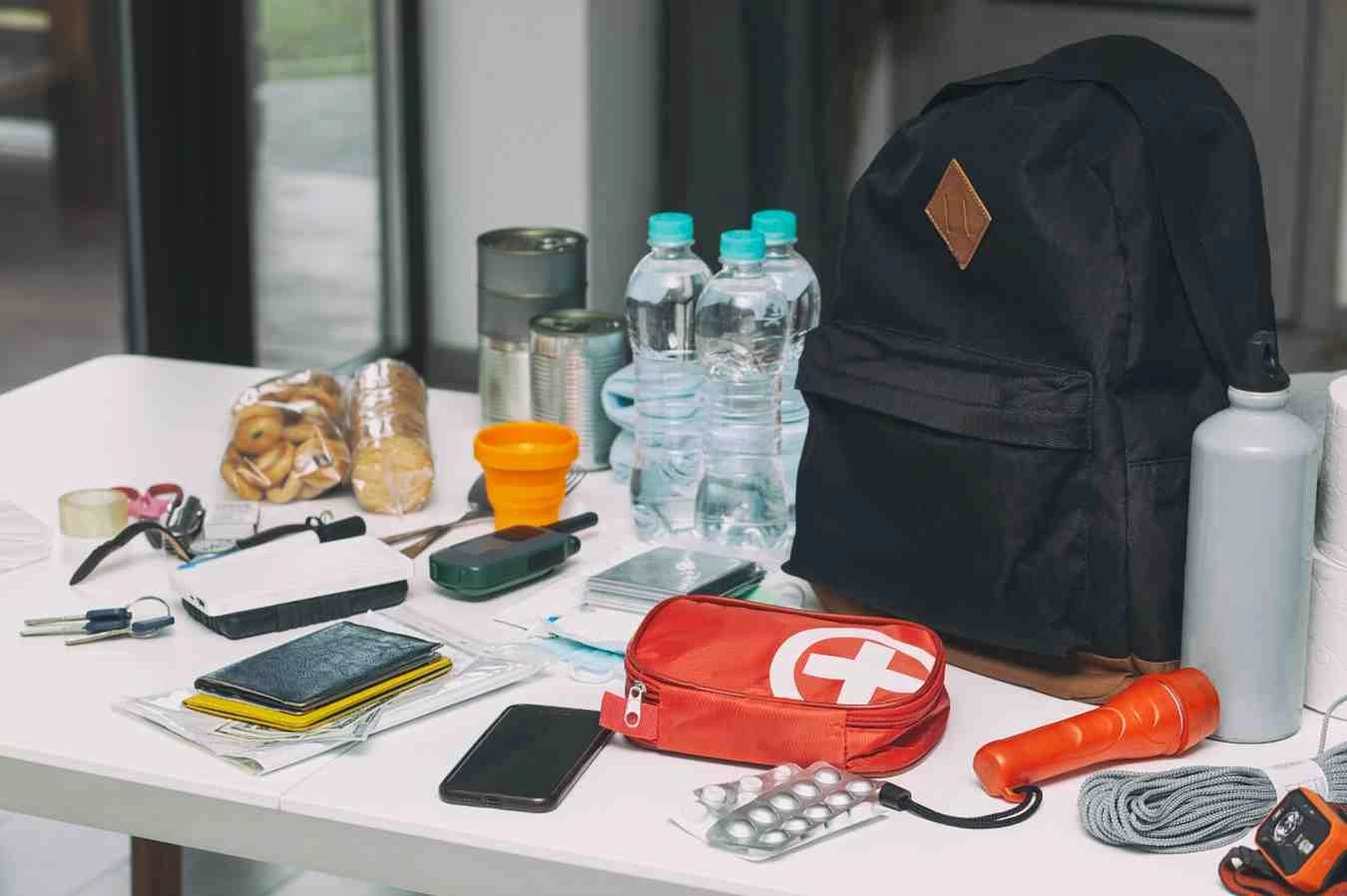
With the increase in international travel projected to skyrocket in 2025, and a 15 percent rise in the number of global trips expected due to the growing popularity of wellness-based travels and medical tourism, health preparation is now more important than ever. The new trends such as the adoption of digital health tools and the increased awareness of the risks after the pandemic signal the need to take proactive efforts. We are the board-certified professionals at Avant Medical Group in New York, NY and offer tailor-made travel medicine services that will make sure your escapades are safe and enjoyable. This guide includes essential vaccinations, risk avoidance, and useful tricks to keep you conquering the health issues of the world.
The Importance of Travel Medicine in 2025
Travel medicine deals with the prevention and management of health complications in international travels, both in infectious diseases and environmental risks. As wellness travel grows in popularity with a wellness retreat amid 2025, including longevity retreats and hydrotherapy circuits, the traveler is more and more demanding a unique health plan. Such changes as weather conditions, overcrowded airports, and local outbreaks increase risks, and before traveling, it is necessary to plan beforehand.
Risk assessments on our travel medicine services are on the basis of your itinerary and as such our travel medicine services are aimed at preventing common pitfalls such as traveler diarrhea or altitude sickness. It is important to remember that by taking care of these early you will be able to concentrate on creating memorable experiences without interruptions with health.
Essential Vaccinations for International Travelers

Vaccinations are the key to the protection of travel health. The increased global awareness will in 2025 increase the demand for shots such as yellow fever, which is needed to gain entry to more than 40 countries in Africa and South America. The key suggestions are hepatitis A and B concerning foodborne risks, typhoid associated with contaminated water exposure, and rabies associated with animal prone areas. Another important recommendation is not to neglect regular injections against tetanus, measles-mumps-rubella, influenza, and COVID-19, particularly in the face of variants.
Other region-specific alternatives, like Japanese encephalitis in the case of Asia or meningococcal in the case of crowded events, can be designed to meet your arrangements. In Avant Medical Group, we provide the latter in our services, and they are administered at the best time, usually 4-6 weeks prior to departure, to provide maximum immunity.
Common Health Risks and How to Prevent Them

International travel also exposes travelers to such risks as the spread of dengue, chikungunya, and Oropouche, which is known to have broken out in the Indian Ocean regions and the Americas in 2025. Diarrhea in travelers occurs in up to 50 per cent of tourists visiting high-risk locations such as in Asia and Africa, of which the cause is usually unsafe food or water. Others are respiratory air travel diseases and other environmental issues such as pollution or elevation.
Prevention begins with insect repellents which have DEET, safe drinking water habits as well as hand cleanliness. Raw foods should be avoided, protective clothing used and prophylactic drugs can be considered in malaria prone areas. The evaluations in our clinic will help to alleviate these, based on the real-time health information on the planet.
Pre-Travel Health Tips and Emergency Preparedness
Prepare a traveling health kit of essentials such as pain relievers, antidiarrheal, antiseptics and personal prescriptions – and copies of your medical records. Keep yourself hydrated in the airplanes, wear a mask in places with high human presence, and eat safely by taking cooked foods. In case of emergency, purchase travel insurance with medical evacuations and sign up government alerts and have real time information.
Learn more about medical preparation on our medical news page, and get personalized advice with our team.
Conclusion
By adopting travel medicine, you will not only enjoy a fun time in 2025 but also a health-conscious travel that will reduce the risks of travelling through vaccinations, prevention and preparation. The professional leadership of Avant Medical Group turns the would-be difficulties into smooth experiences, and your health and well-being are the focus of the journey.
Planning Your Trip Abroad? Get Expert Travel Health Advice!
Ensure a safe and healthy journey. Contact us now or book your pre-travel consultation online!
📞 +212-245-6893
📍 233 Broadway Suite 2750 New York, NY 10279
Frequently Asked Questions (FAQs)
Answer: Common vaccinations are for hepatitis A/B, typhoid, and yellow fever for certain areas, and enough frequency for routine vaccines—COVID-19 and flu vaccines—based on your travel destination.
Answer: You should get your travel vaccines 4-6 weeks prior to leaving, which gives the vaccine time to be fully effective; however, depending on the destination, there may be vaccination requirements, such as with yellow fever, where you will need a vaccination certificate at least 10 days ahead of travel.
Answer: Dengue, chikungunya, traveler’s diarrhea, and respiratory illnesses are all examples of travel-related health risks, which can be prevented by using insect repellents, safe food preparation practices, as well as practicing healthy sanitary habits.
Answer: Pack medication to treat pain, diarrhea, and allergies, as well as band-aids, insect repellant, and sunscreen for the sun, as well as additional prescription medications for the trip.
Answer: Schedule your travel health consultation appointment(s) at least 4-8 weeks prior to travel, especially if you or any of your travel companions have chronic illnesses, immunization requirements, or if you plan to visit a high-risk area during your travels; this will help identify specific recommendations for you or as a group.
